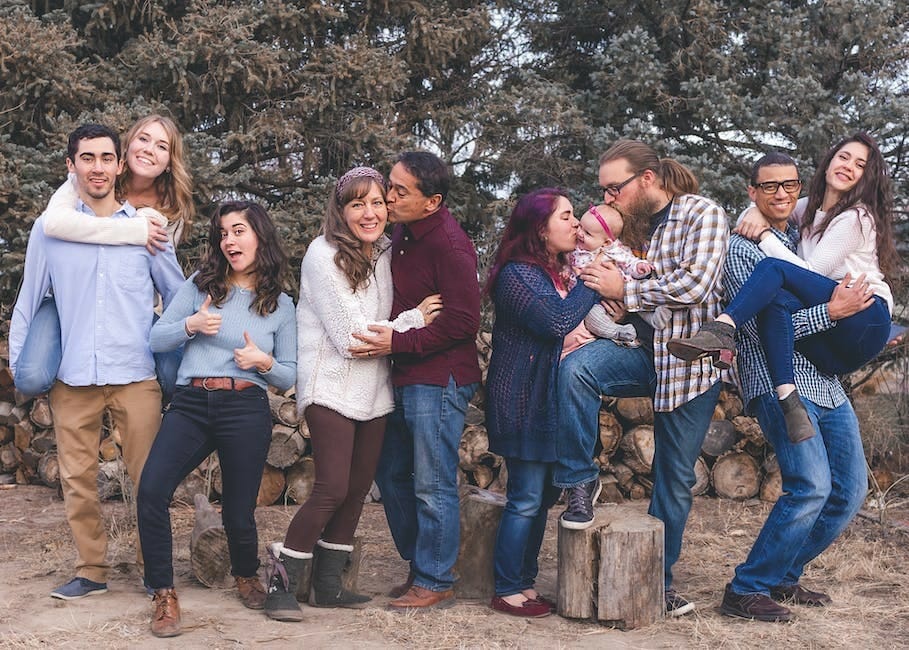
John Lennon once said that “Love is the flower that you’ve just got to let grow.” The same is true about recovery. It is like a flower that must be nourished and cultivated in order to blossom and bloom. This is also why we call our family support group “Stigma” here at Lantana Recovery. Not because there is a stigma that still surrounds the world of addiction, but rather because stigma is also what is found at the center of the flower that is necessary for that flower to eventually grow to its fullest potential. That is what we aim to do with our family support group; help families grow great together.
Addiction Is a Disease
One of the stigmas that still surround addiction simply comes from a place of not knowing. This isn’t anyone’s fault; it is just the reality for people that haven’t been around addiction and recovery before. That stigma is that addiction is anything other than a disease. Many people still believe that addiction is either some type of moral failing, or lack of willpower, or even a choice that people can control.
This simply isn’t true, and it is the consensus among the professional mental health, addiction, and recovery industry. No, addiction is a disease. Addiction is a disease that many people describe as an allergy to better help describe it. When someone is struggling with an addiction, they are allergic, and if not in recovery, even when they are not drinking or using substances, they are still allergic. As a result, when they do end up taking a drink or a drug, that allergy kicks in and makes them sick.
Many people give the analogy of a shellfish allergy. When someone eats shellfish, they have an allergic reaction. The same is true when someone uses substances with addiction. However, the only difference is someone with a shellfish allergy stops eating shellfish when they get sick. This is not true for someone struggling with addiction. Without help, they cannot stop because addiction is not only a disease; it is a chronic disease.
Addiction Is a Chronic Disease
When a disease is categorized as chronic, it means that without help and intervention, it is almost always going to get worse, never better. Think of chronic diseases such as cancer, heart disease, or diabetes. The same is true with addiction.
With some form of intervention, preferably professional intervention, addiction will almost always negatively progress. This is also often why when someone tries to stop on their own and then picks back up, they end up right where they left off in their addiction, sometimes worse. It is a progressive disease. Also, it is a family disease.
Addiction Is a “Family Disease”
Many people become understandably confused when it comes to the concept of “family disease.” They can understand the individual disease concept because there is a direct link between the substance and the individual. However, addiction is a family disease because of the emotional and mental turmoil that having a loved one struggling with addiction can cause. This is true even though the substance use is once or twice removed from the family members.
The family disease concept really started to take hold when one of the co-founders of Alcoholics Anonymous, Bill W.’s wife Lois, discovered that while the people practicing the 12-Step program were getting better and progressing, their family members were not. This is why Lois started a family support group called Al-Anon to help family members get better.
Al-Anon is a way for family members to help other family members of people struggling with addiction heal by way of fellowship and shared experiences. It has been doing so for over 70 years.
Stigma: A Family Support Group at Lantana Recovery
Now, Stigma, the family support group at Lantana Recovery, works with the same concepts as Al-Anon. It is a peer-run support group of family members of people struggling with addiction working together and supporting each other through times of both active addiction and recovery.
The twist with the Stigma family support group is that Stigam brings in different addiction and recovery professionals to lead specific topic discussions and give lectures. This way, family members have the opportunity to both support and teach others while also receiving new information on how to navigate having a family member struggling with addiction. Also, anyone that is struggling with a family member with addiction issues is free to join.
Our primary purpose is the same purpose that both Bill and Lois W. had when they started their respective support groups. We want to help as many people recover and stay recovered as possible. Also, we know this can only happen if the entire family has the opportunity to heal. As the author Hans Christian Andersen once said, “Just living is not enough… one must have sunshine, freedom, and a little flower.” Our flower is the recovery we offer.
Stigma is a family support group at Lantana Recovery for anyone who is struggling or has struggled with a family member with addiction. Often when an individual is struggling with addiction, the focus is placed on them and their recovery. This is, of course, critical. However, family members need special care, too, as they are also going through a distressing time. If you are struggling to get a loved one the help they need and also need healing for the entire family, we can help. For more information on the importance of family therapy and support during the treatment process and what the Stigma Program is for those seeking outside support, reach out to Lantana Recovery at (866) 997-2870.








